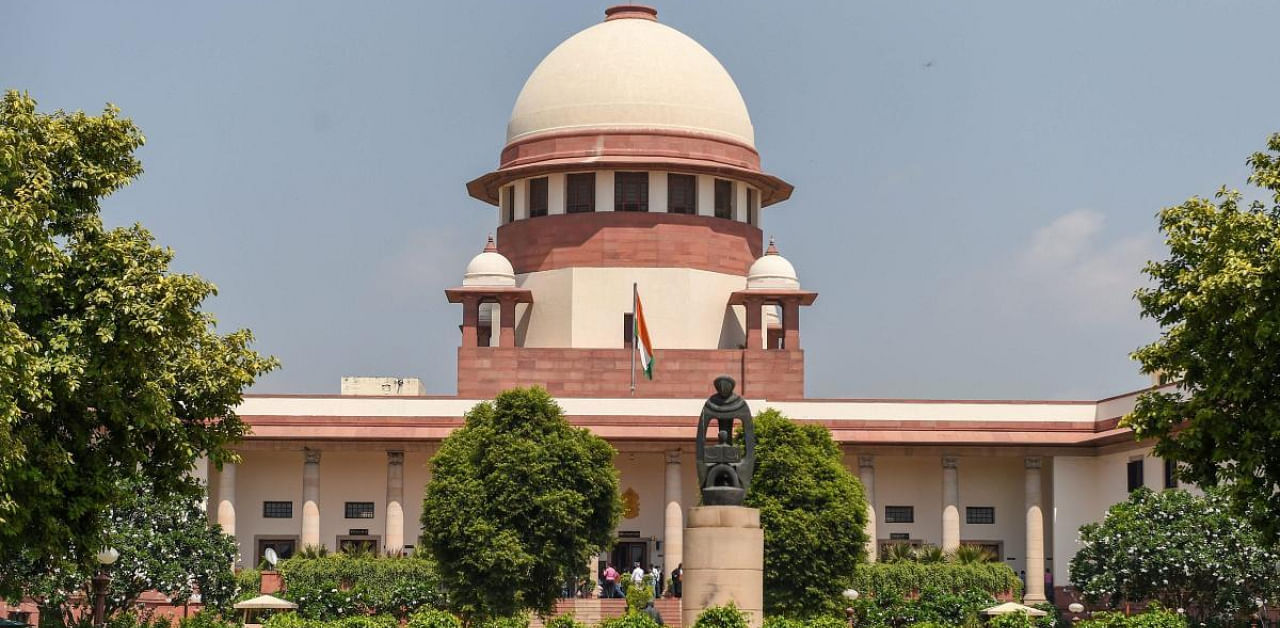
Former Vice Chancellor of National Law School of India University, Bengaluru Prof Venkat Rao has approached the Supreme Court against the decision to conduct a separate admission test for the five-year BA LLB course, saying it would convert the institution from being ‘an island of excellence’ to ‘an island of exclusion’.
In a writ petition filed by advocates Sughosh Subramanyam and Vipin Nair, Rao, also as a parent, contended that the present Vice Chancellor did not have requisite consent from the academic counsel for a separate examination as National Law Aptitude Test, other than the Common Law Admission Test.
"The reason for the separate test are whimsical and baseless and in breach of legitimate expectation of students. The technical requirement of having a laptop and 1 Mbps of internet speed for taking home proctored examination, is onerous, arbitrary, discriminatory and illegal,'' the plea contended.
The actions by NLSIU constitute serious and egregious violation of the fundamental rights of the various aspirant students and their parents, including the right against arbitrary actions of the State secured under Article 14 and the right to education and other concomitant rights under Article 21 of the Constitution, it claimed.
The CLAT, for admission to 22 National Law Universities across the country, was first scheduled on May 10. The NLSIU was invariably listed, being a parent University, since 2007. However, due to Covid-19 pandemic, the CLAT was rescheduled a number of times. It is now to be held on September 28.
The NLSIU, on the ground to avoid zero academic year, decided to hold National Law Aptitude Test (NLAT) on September 12 through online mode, giving just a window of seven days for students.
The move allowed the University not to accept the scores of CLAT 2020 for admission to BA LLB (Hons) 2020-21.
"The sudden and capricious decision of the NLSIU has not only thrown the aspirants of CLAT 2020 into a frenzy and in a state of fear and confusion, it has also severely jeopardised the varsity's position in the consortium," the plea said.
Due to the whimsical conduct of the University, the children are put to extreme pressure and mental stress. It has created an unprecedented uncertainty and has imposed an onerous burden and obligations upon thousands of aspirants, who are now uncertain about the future course of action, the plea added.
